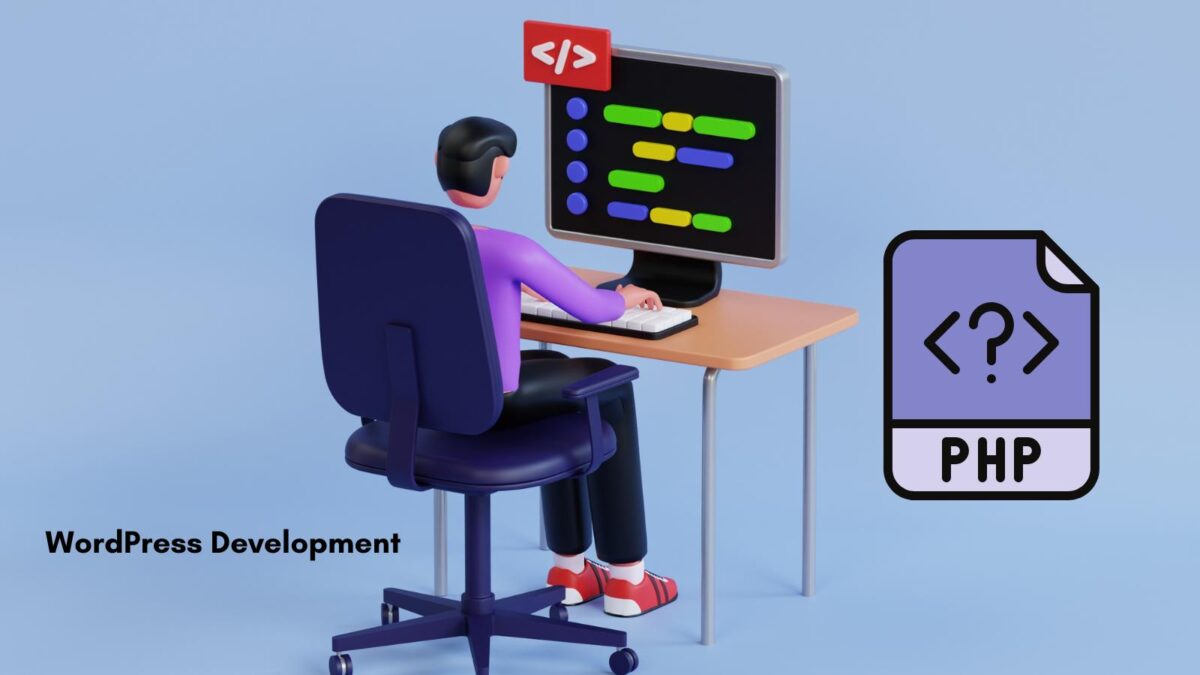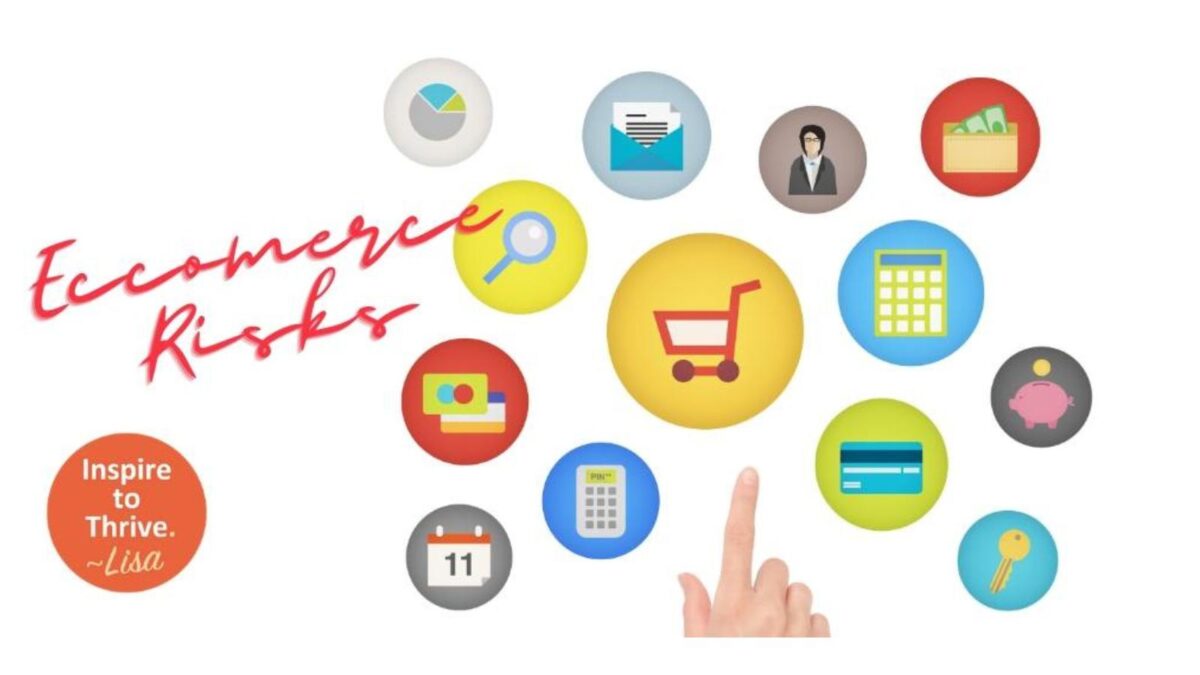In recent years, the growth of online shopping has been astounding. Yet, focusing just on business-to-consumer (B2C) online marketplaces would be a mistake. B2B ecommerce platforms have skyrocketed in recent years.
Successfully wooing a business-to-business customer necessitates the use of cutting-edge automation and shopping cart personalization technologies. An all-in-one B2B eCommerce software that provides B2B buyers with an ideal self-service alternative. It is a crucial tool for success in this market.
In this post, we’ll go into fine detail on how to choose the best B2B eCommerce platform for your business.

Table of Contents
Scalability of B2B eCommerce Platforms
Every eCommerce business aims to prosper to the point where it can increase its client base or stock more goods. While selecting a platform, you must take your long-term objectives into account.
Agility, performance, and scalability are all improved by a platform design that is extensible and supported by open, well-documented APIs. Software-as-a-Service (SaaS) eCommerce systems housed natively in the cloud provide the scalability and flexibility to adjust in real-time to any traffic volume and changing client expectations.
But, you should be wary of the promises made by a rising number of legacy software providers that use the word “cloud” in their product titles. Even while they may legitimately claim to be housed on the cloud, many still use antiquated technologies. These cannot scale as easily as native SaaS solutions.
An easy way to gauge a vendor’s adaptability and scalability is to request a trial version of the program. Then, you can see how long it takes them to deliver; ideally, it shouldn’t take longer than a few hours.
Shopify Plus
Shopify Plus is an advanced e-commerce platform designed for high-growth businesses and big brands. It offers all the features of regular Shopify but with more power and flexibility to handle larger sales volumes.
You get access to robust features like custom checkout experiences, better automation tools, and dedicated support. Plus, it lets you manage up to 10 stores from a single dashboard, which is perfect for businesses with international reach.
The platform is ideal for companies looking to scale efficiently without getting bogged down in technical hassles. With Shopify Plus, you can focus more on your business and less on maintenance.
Extensibility
Since no two online businesses have the same layout, there is a need for an environment that is both adaptable and regulated. In most cases, you can get everything you need to open a functional online shop. They come with prebuilt modules from your chosen eCommerce platform.
Having said that, there may be occasions when you need to provide novel functionality. Such as the ability to accept other forms of payment or provide alternative delivery options.
In order to find a solution to this issue, you can search for pre-made integrations. They are either given or approved by the software provider.
Compatibility of B2B eCommerce Platform
True contemporary eCommerce systems are web-based. They work much like any other website and should display in any browser on any device.
These b2b ecommerce platforms should also be capable of supporting new channels, These include mobile devices and point-of-sale devices, and in some cases even print.
You should always choose an eCommerce platform that enables you to expand your digital commerce to new devices and channels. Even if people outside of your web-based channels aren’t your primary target market.
Management
Product management systems are designed to streamline the process of adding and updating product listings for sales teams. In the simplest of circumstances, this includes importing CSV or Excel files into the platform.
This helps the upload of product photos in bulk and creates various product categories.
For bigger companies, it often entails being able to seamlessly synchronize data from third-party systems. For example, product information management (PIM), digital asset management (DAM), or ERP systems.
In addition to this, you need to give some thought to how the software handles the management of inventory, orders, and returns. It makes sense to choose a platform that offers all the tools necessary to manage an online business since all of these elements need dependable communication with one another.
Support with B2B eCommerce Platforms
Several providers of eCommerce platforms provide a fully managed solution, which includes regular technical maintenance and access to a support team at all hours. In the form of a predetermined monthly price, software-as-a-service products also give complete transparency into expenses.
To assist teams to get up to speed with utilizing the platform, certain platforms may provide extra support in the form of seminars and other training sessions.
Choose a platform provider whose goals are in line with your own. Always do thorough research on the provider to verify that they have a strong history of upholding their service level agreements (SLAs).
After all, when problems arise, you want to be able to fix them quickly. Seek for providers that offer multi-channel emergency assistance, including email, phone, and online chat, that is available around the clock.
Get your online buyers guide to learn more about your buyers.
Final Thoughts
Most B2B eCommerce systems seem to provide essentially the same set of tools and capabilities. If you go further into the finer details, you may find potentially critical constraints.
These can include a lack of support for particular business models, industry-standard security and compliance capabilities, or crucial connectors.
That’s why it’s crucial to do your homework before settling on a platform, particularly if you want to launch a large eCommerce site whose requirements are likely to change often.
Finally, what are your thoughts on a B2B e-commerce platform? Are you happy with your platform? I’d love to hear about in the comment section below.
- Automation In Marketing Software To Scale Your Business - July 6, 2025
- Best Small Business Ideas From Home To Inspire You To Thrive - July 5, 2025
- How to Find Your Active X Twitter Followers Quickly & Easily - July 2, 2025




Doing homework on a platform definitely makes sense Lisa. Especially concerning support issues, you need to get clear before making your investment. This is big business; planning, research and clarity go into making the right decision for your ecommerce venture. Large sites do change early and often as issues arise.
Ryan
Hi Ryan, For sure Ryan, Some of the investments can be quite costly too. I always like to talk to others who have used the platforms as well. Thanks for your input and have a great rest of the night there.